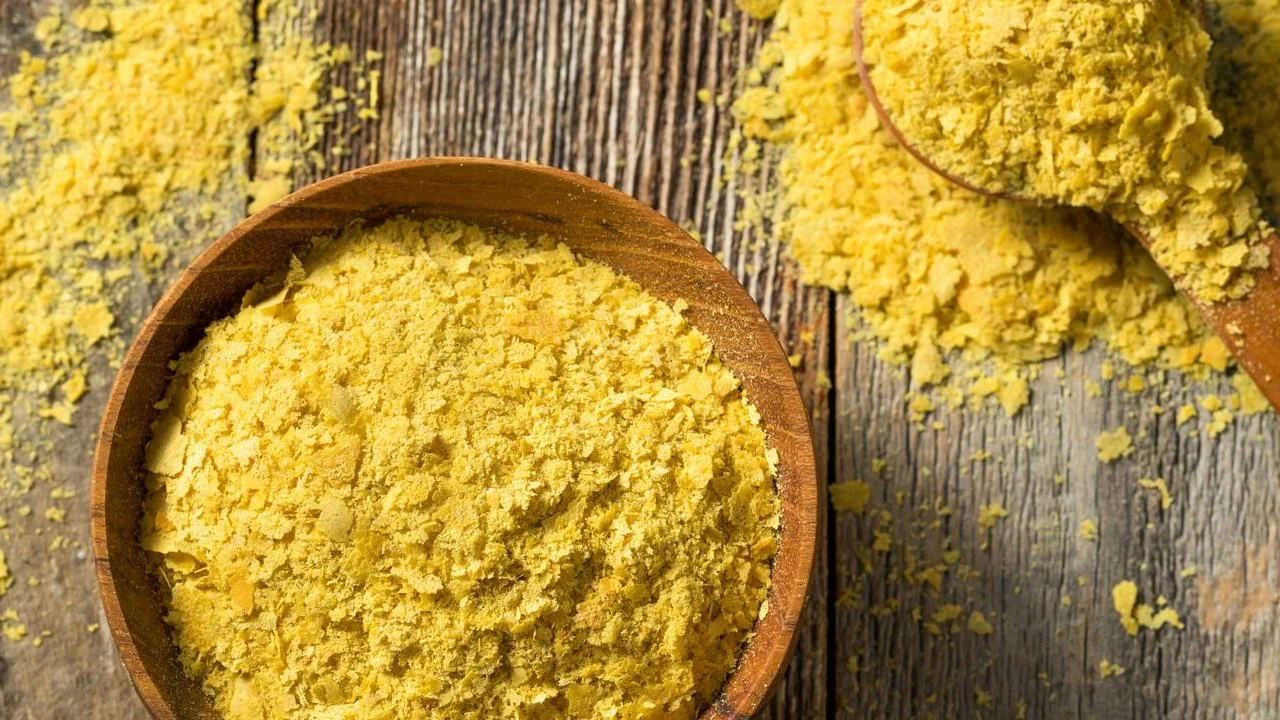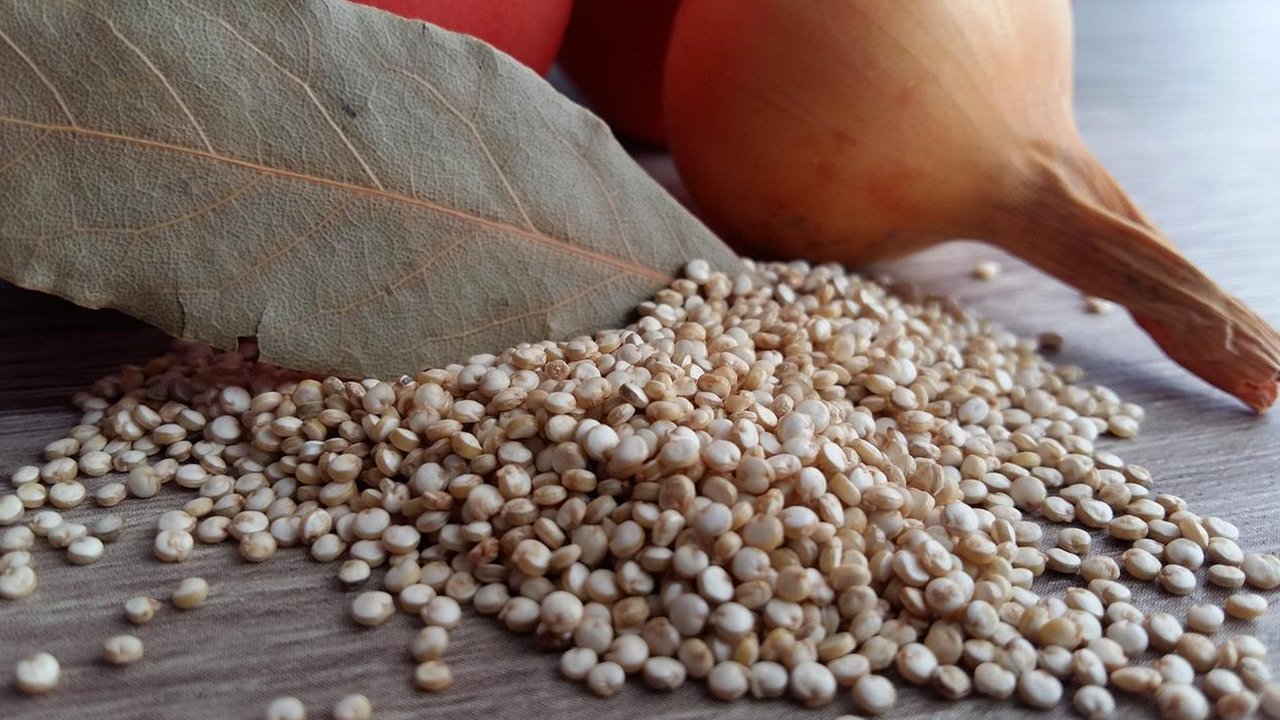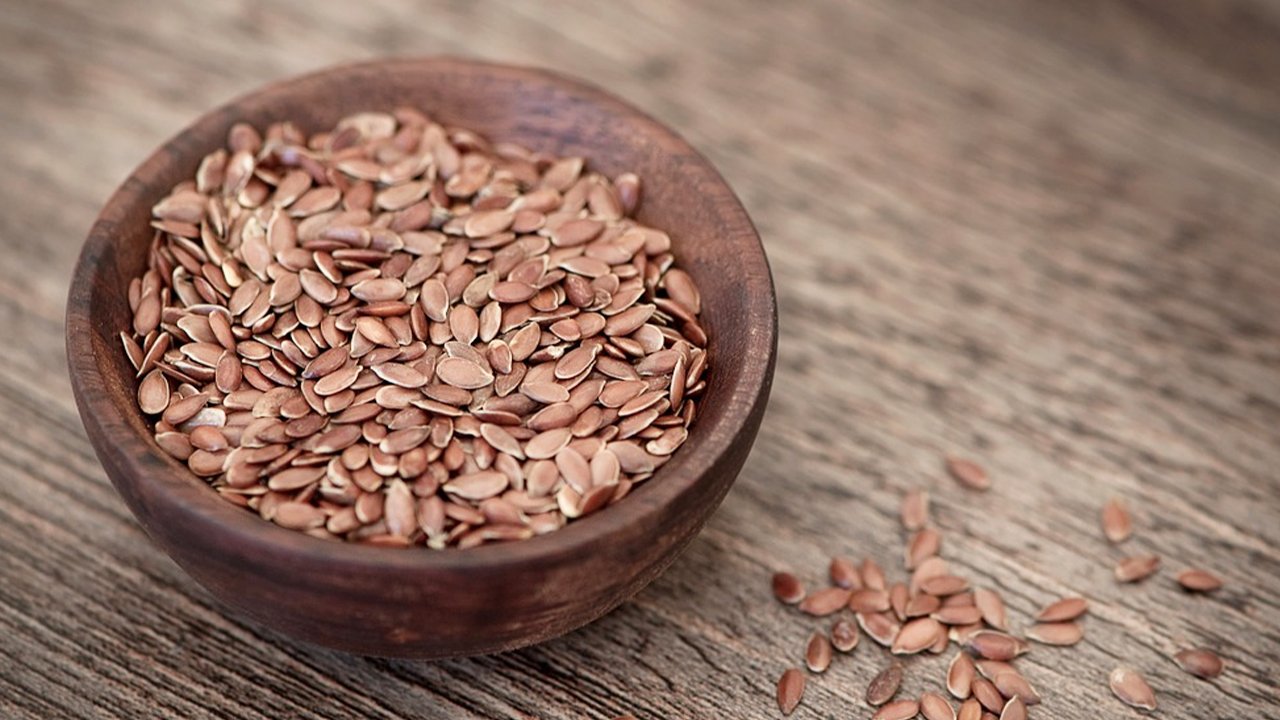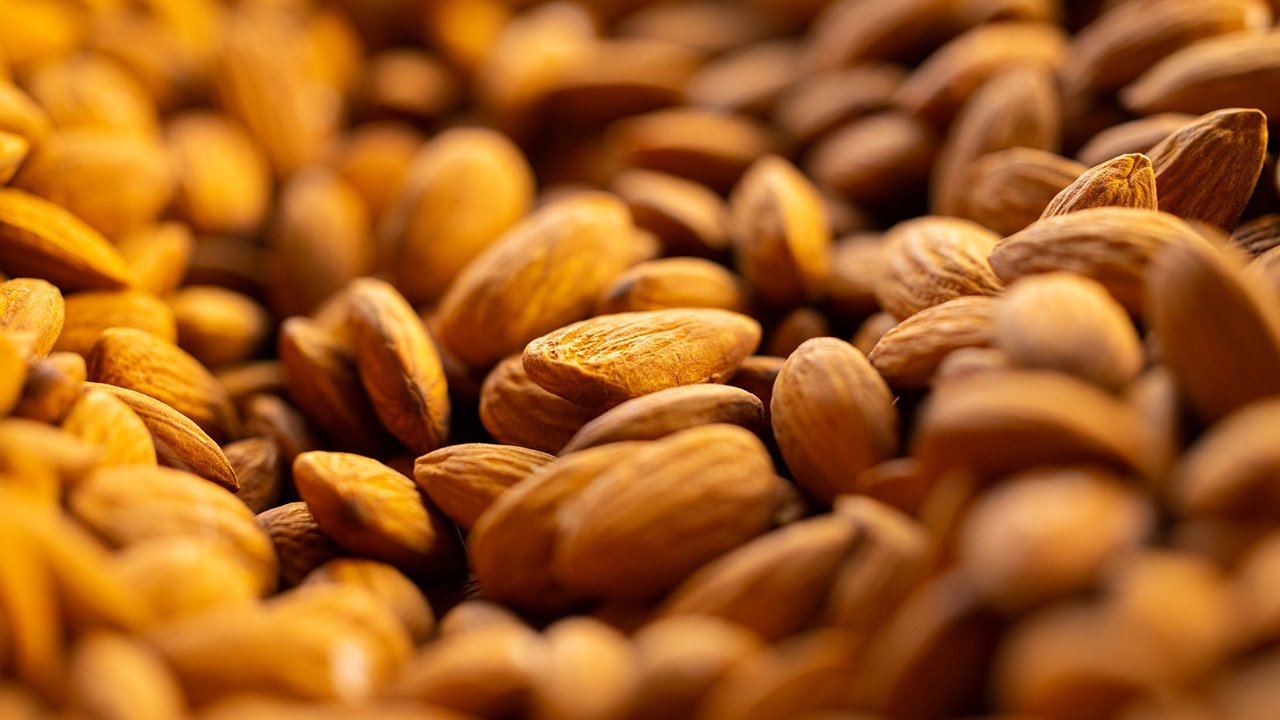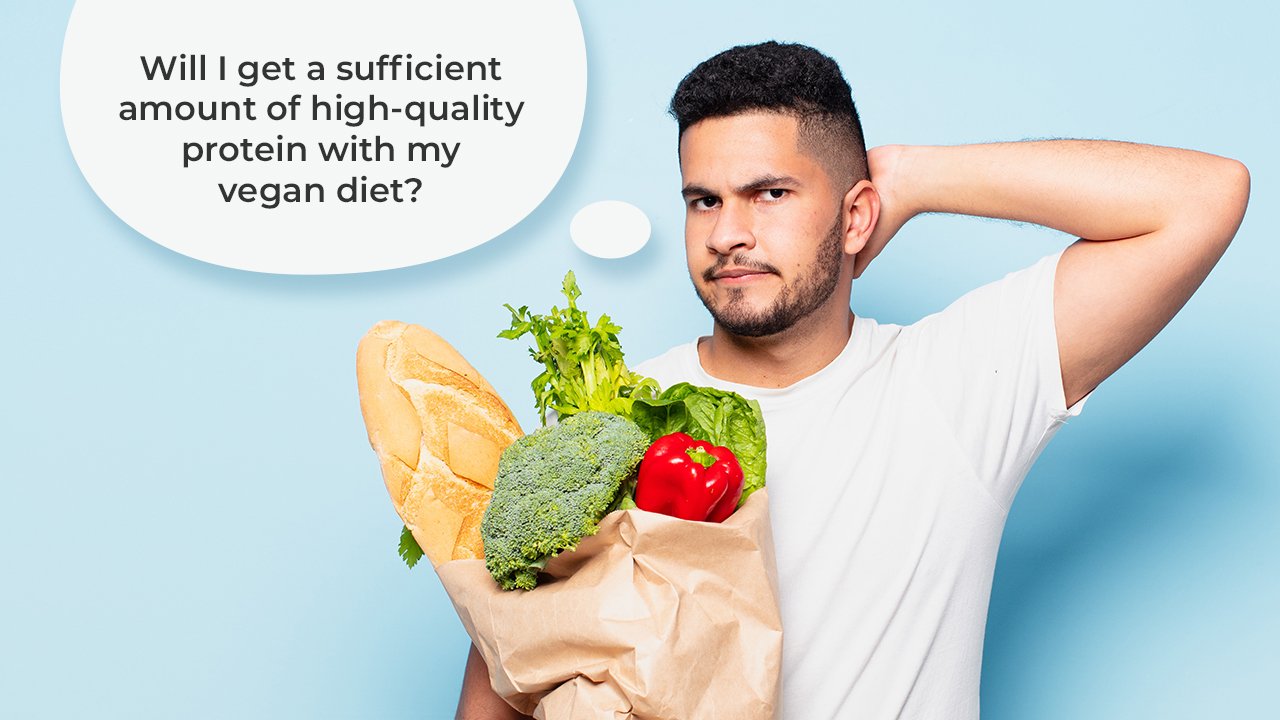How to Make a Vegan Superfood Salad Rich in Protein in Under 15 Minutes? Food Recipe, Cooking Instructions, and Top 10 Protein Sources for Vegans!
Do you want to learn how to make a vegan superfood salad rich in protein but doesn't take more than 15 minutes? This blog post will provide you with all the ingredients and cooking instructions necessary. I will also explain why healthy food is so important to be both delicious and nutritious. Lastly, we will provide a list of high-protein vegan foods that you can add to your diet for better health.
Blog Outline
Healthy superfood salad for a rich and nutritious vegan diet
Top 10 vegan protein sources
What are the main challenges of having a vegan lifestyle and optimizing your health and physique?
Can you still be healthy, perform well and look good while being vegan?
What vitamins and minerals do vegans often lack in their diet?
Answers to common questions about the vegan diet!
Some final thoughts on veganism!
Healthy superfood salad for a rich and nutritious vegan diet!
Preparation time 15 mins
Cooking time 15 mins
Can Serve 2-3 people
The nutritional content of the whole salad!
Calories 1375
Protein 49 grams
Carbs 65 grams
Fats 102 grams
Important note: nutritional content is an approximate measurement and can deviate up to 10% from the abovementioned numbers.
Ingredients
lettuce (Red/Green or Romaine)
One cup of cherry tomatoes, sliced into two
Two large cucumbers, chopped
½ small cup roasted almonds, lightly chopped (35gm)
½ small cup roasted walnuts, lightly chopped (35gm)
One avocado, sliced
½ small cup of fresh pomegranate seeds
250gm tofu
Vinaigrette (salad dressing ingredients)
1/3 small cup or one tablespoon extra virgin oil
2 tbsp. balsamic vinegar (or Apple Cider Vinegar)
1 tbsp. dijon mustard
1 tbsp. lemon juice
2 tbsp. honey
Himalayan pink salt
crushed pepper to taste (Optional)
Instructions
Step 1
Combine the olive oil, balsamic vinegar, mustard, lemon juice, honey, and salt in a small bowl. Whisk until blended. Season with salt and pepper to taste. Set aside.
Step 2
Assemble the salad in a large bowl and combine all the vegetables and nuts except the dressing. Drizzle with the desired amount of vinaigrette and serve immediately. You'll have leftover vinaigrette, which you can refrigerate in an airtight container for at least one week.
Top 10 vegan protein sources
Vegan Protein
I put vegan protein first on this list because it is ultimately the best source of protein for our bodies. Protein is essential for repairing tissues, building muscles, and maintaining a healthy metabolism, so why not get in a serving or two of your favorite shake!
Expert Tip: When choosing a vegan protein, the best option is to opt-in for one made from various sources, as this will provide a complete range of essential amino acids.
Soy
Options like tofu and tempeh are excellent vegan protein sources and are made from soybeans. One cup of tempeh (166gm) contains around 30 grams of protein!
Soy-based foods like tofu and tempeh are also rich in vitamins and minerals such as magnesium, potassium, and zinc.
Nutritional Yeast
Nutritional yeast is an inactive yeast that is an excellent source of protein and B-12. Just one tablespoon provides about nine grams of protein! Nutritional yeast also has a cheesy flavor, making it the perfect addition to sauces, dressings, and popcorn.
Seitan
Seitan is a good source of protein made from wheat gluten. A three-ounce (85gm) serving provides around 20 grams of protein! Seitan is also a good source of iron and zinc.
Legumes
Legumes are a great source of protein but can cause some digestive issues for some people. One cup of cooked lentils provides around 18 grams of protein, and one cup of cooked black beans contains about 15 grams of protein.
Quinoa
One cup of cooked quinoa contains around eight grams of protein. Quinoa is also a complete source of amino acids and is high in fiber and magnesium.
Seeds
There are a few seeds that have a decent amount of protein. Two tablespoons of hemp seeds contain around nine grams of protein, chia seeds contain about four grams per tablespoon, and flaxseeds contain six grams per tablespoon.
Grains
One cup of cooked grains like brown rice, oats, or barley typically contains around five grams of protein. Grains are not that rich in protein but are still an option as there are not that many vegan foods rich in protein.
Nuts
Some of the nut sources with the highest protein are almonds, pistachios, and cashews. Just one ounce (25gm) of these nuts contains protein between six and seven grams.
Vegetables
Not what you would expect to see here, but some vegetables have a decent amount of protein. One cup of cooked spinach has about five grams, one cup of cooked broccoli has about four grams, and one cup of boiled peas contains eight grams.
What are the main challenges of having a vegan lifestyle and optimizing your health and physique?
Challenge number 1
Getting in a sufficient amount of high-quality protein is one of the main challenges vegans face in optimizing their health and physique. Protein is essential for several processes within the body. Low protein intake can lead to muscle wasting, reduced immunity, and a slower metabolism.
Challenge number 2
Another challenge that many vegans face is getting enough of the essential fatty acids. Omega-three fatty acids are critical as they play a role in maintaining heart health, preventing inflammation, and supporting cognitive function. Unfortunately, plant-based omega-threes are not.
Challenge number 3
Another challenge that many vegans face is consuming enough vitamins and minerals, especially vitamins B-12, D, and iron, all of which are essential for optimal health.
Challenge number 4
One significant difficulty of vegan nutrition is its complexity. It will help if you become an expert to combine all the different sources to get the full spectrum of amino acids, fatty acids, and micronutrients. That can be pretty challenging, and that's where our nutrition coaching services can help you get excellent results!
Challenge number 5
This challenge is related to challenge number 1. Most vegan recipes tend to be low in protein, and when people attempt to increase their protein intake, they tend to dramatically increase their caloric intake on vegan diets, leading to weight gain.
Can you still be healthy, perform well, and look good while vegan?
Many vegan athletes, bodybuilders, and fitness models have made it work and have achieved exceptional results, and so can YOU!
You most definitely can if you strategize well and spend some time learning about all the different food sources that contain the right balance of nutrients for your specific needs.
Knowing which vitamins and minerals to supplement also plays an essential role in ensuring success on a vegan diet.
Being realistic with your goals is also very important as it can be frustrating aiming to achieve the results of enhanced social media icons!
What vitamins and minerals do vegans often lack in their diet?
B12 is essential for red blood cell formation, DNA synthesis, and neurological function and can be found in fortified foods and supplements.
Iron is vital for the transport of oxygen in the body and can be found in dark leafy greens, legumes, and nuts.
Zinc is essential for wound healing, thyroid function, and immune system function and can be found in legumes, nuts, and seeds.
Iodine is important for thyroid function, so make sure you consume seaweed or iodized salt.
Calcium is vital for bone health and can be found in leafy greens, legumes and seeds
Vitamin D Is essential for calcium absorption and immune system regulation. Vitamin D is acquired through sun exposure and can be added to the diet with fortified foods and supplements.
Answers to common questions about the vegan diet!
What is the main difference between vegan and vegetarian diets?
The main difference between the two diets is that vegans do not consume animal products. This includes meat, dairy, and eggs. However, vegetarians consume dairy and eggs but not meat.
Why are plant-based omega-threes not as good as fish-based omega-threes?
The main reason why plant-based omega-threes are not as good as fish-based omega-threes is that they are not as bioavailable. This means that the body cannot absorb and use them as well.
How can I make sure that I am getting enough protein?
There are a few ways to make sure that you are getting enough protein. You can track your intake with an app or website, eat a variety of plant-based protein sources, or take a vegan protein supplement.
You can also reach out to us and opt-in for our online coaching services, in which you can choose training and nutrition, or opt-in for our nutrition services exclusively!
Veggies make me bloated and gassy. What should I do?
In that case, try eating cooked vegetables instead of raw. You can also try steam cooking them. If you are still experiencing issues, you might consider taking a digestive enzyme supplement or eliminating those vegetables that cause digestive problems.
Some final thoughts on veganism!
So, in conclusion, veganism is a complex but very doable diet that can provide all the nutrients your body needs to be healthy.
Many different food sources contain the right balance of nutrients for your specific needs, and with a little bit of knowledge and strategizing, you can make it work!
If you have any questions about veganism or plant-based diets, please don't hesitate to reach out. We are more than happy to help!
#StayStrong #BeFortius





